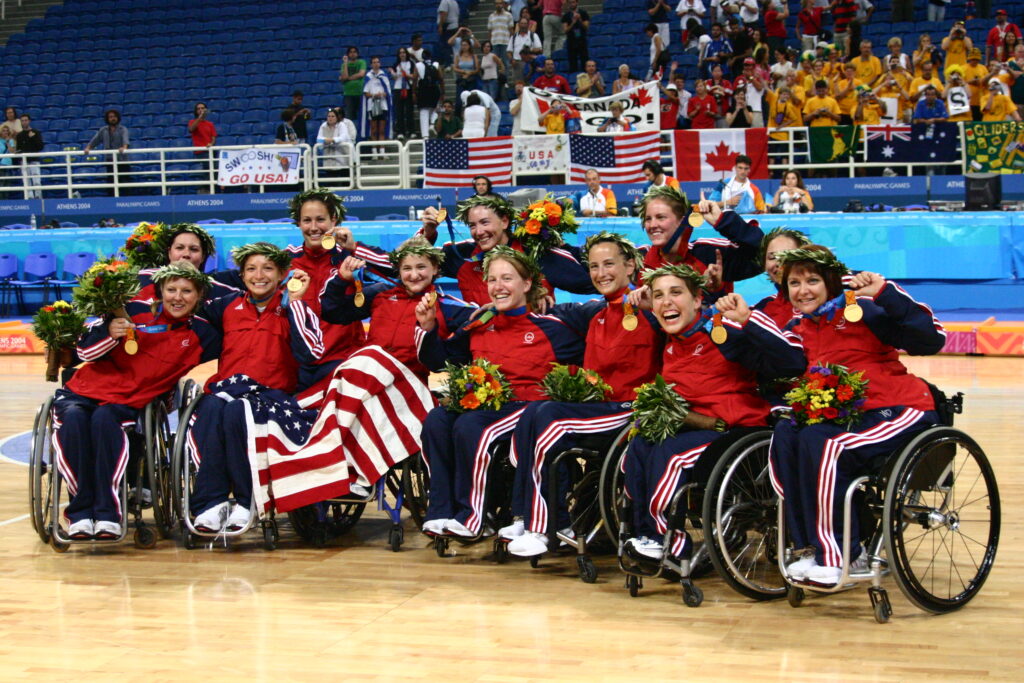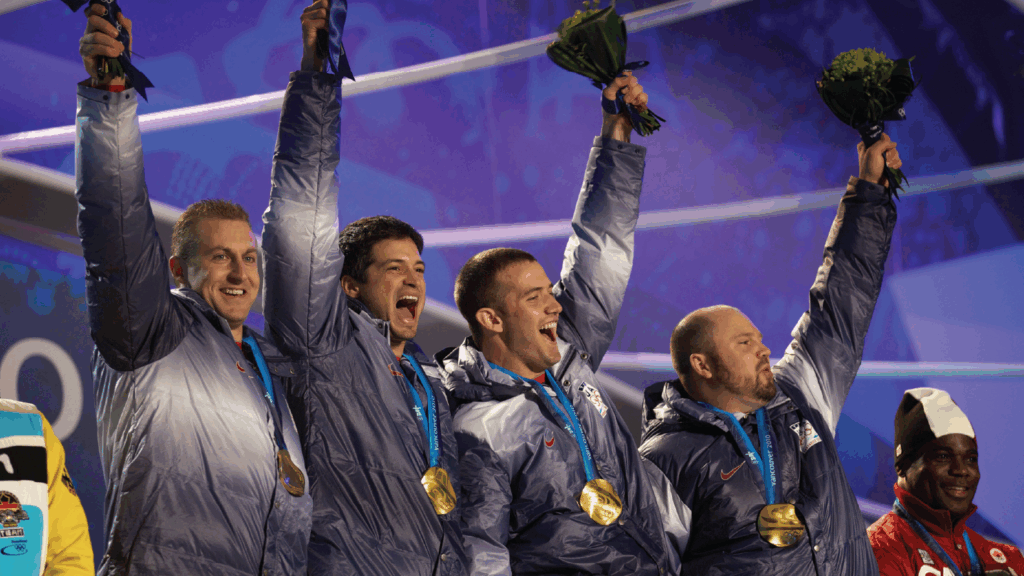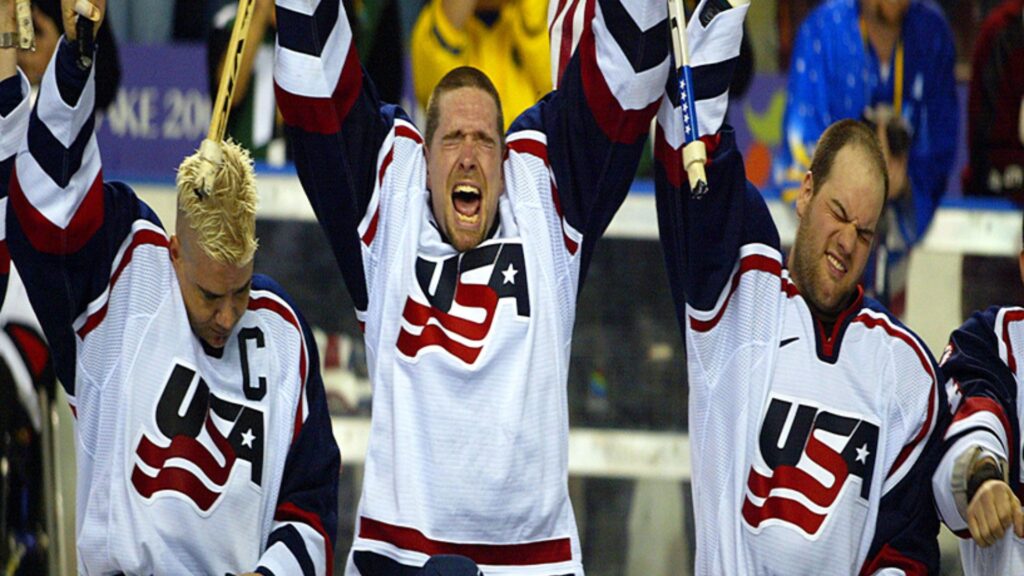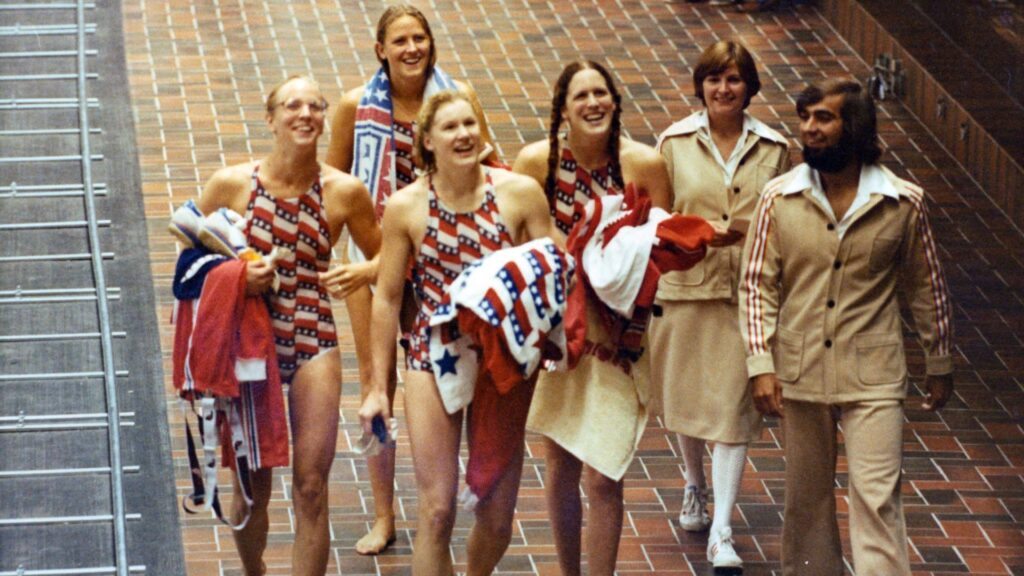THE OLYMPIANS
1960 Men’s Ice Hockey Team
Ice Hockey
Gold medal, Squaw Valley 1960 Olympic Winter Games
Roster:
Bill Christian, Roger Christian, Bill Cleary, Bob Cleary, Eugene Grazia, Paul Johnson, Jack Kirrane, John Mayasich, Jack McCartan, Robert McVey, Richard Meredith, Weldon Olson, Edwyn Owen, Rodney Paavola, Lawrence Palmer, Richard Rodenhiser, Tom Williams
Coach:
Jack Riley











